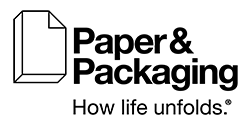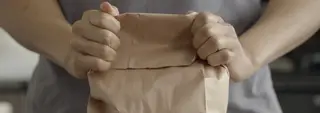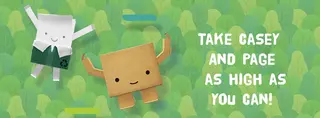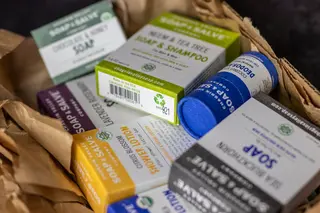
Launching a business was never Ida Friedman Kasdan’s intention. When she set out to make her first batch of hand-made, organic soap in 2001, her goal was to develop a skin-care product that was free of harmful chemicals. A common skin-rash condition called eczema runs in Kasdan’s family and her hope was to whip up a natural solution to replace medicated steroid creams and harsh soaps for her family to use.
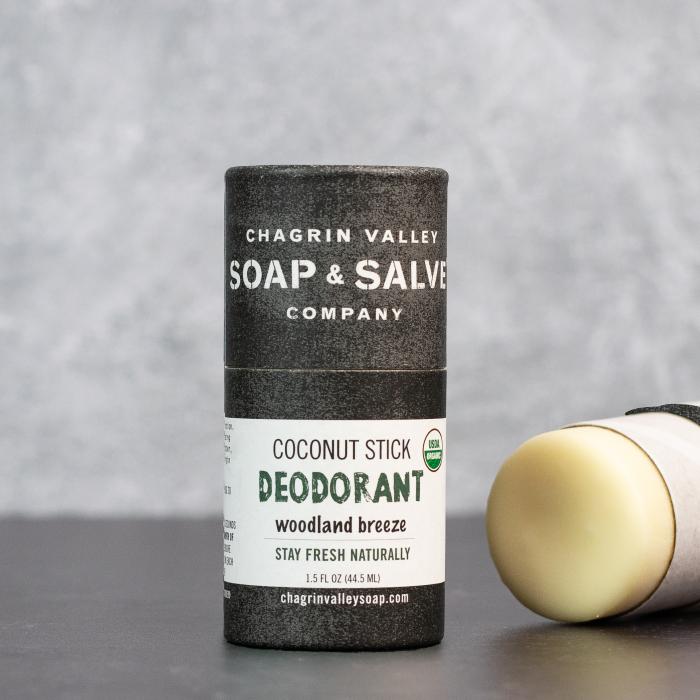
Image credit: Chagrin Valley Soap and Salve
As it turns out, she is pretty good at making soap. What started as a family experiment turned into a hobby, and then a small side hustle and, eventually, a small business. By October 2003, she officially launched her own brand. In 2005, she left her full-time job teaching biology to focus exclusively on it.
Today, Solon, Ohio-based Chagrin Valley Soap and Salve has grown to about 20 employees—half of them family and longtime friends. The company says it sells more than 350 USDA-certified, organic body-care products made by hand in small batches in their production kitchen. Their products include soaps and shampoo as well as body-care items like deodorant, moisturizers, baby care, and bath products, to name just a few.
At first, their soap and shampoo bars were packaged in brown paper bags with sticker labels—an “affordable and environmentally sound” option, says Kasdan’s son, Sam Friedman, the company’s director. As the business grew, they transitioned to locally printed and fully recyclable paper-board boxes. “They have a beautiful and professional look when printed and they allow the product to ship safely and sit nicely on store shelves,” Friedman says.
Over time, the company instituted innovative and sustainable packaging for the rest of its product lineup. “All of our plastic jars and containers became either glass, aluminum, or tin-plated steel,” Friedman explains. “Some products which are always in plastics in the market, like deodorant sticks or shower lotion, we put into a paper tube or paper box solution that look beautiful, is very functional for the customer, and is recyclable and sustainably manufactured, helping eliminate plastic and create a more sustainable business environment."
While there is a cost with using sustainable packaging materials, Friedman says the benefit of reducing the amount of plastic containers from the environment is worth every extra penny. “The nice thing about paper is that it has such a high percentage of pre-and post-consumer recyclability,” he says. Friedman feels that “the manufacturing of paperboard boxes has much lower of an impact on the environment and, due to its light weight, creates far less of a carbon footprint when moving around the globe.”
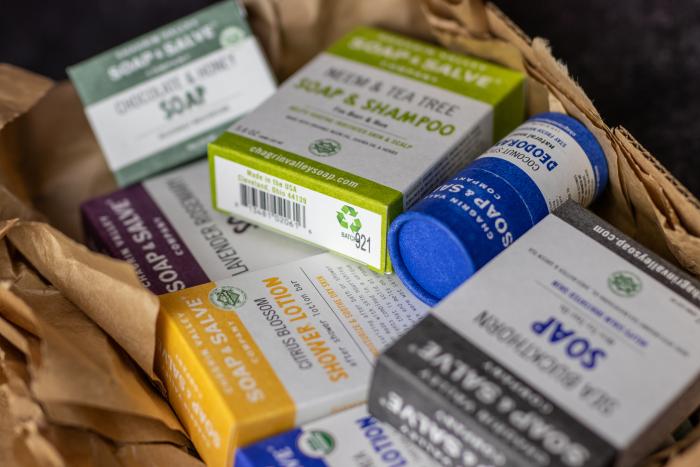
Image credit: Chagrin Valley Soap and Salve
Communicating this commitment to sustainability with customers is a priority as well. When a customer discovers a Chagrin Valley Soap and Salve product online or on a store shelf, they immediately know the company cares about the environment and that the packaging is recyclable.
“We want to educate our customers who are looking for eco-friendly packaging to be knowledgeable and empowered consumers,” Kasdan says. “The bulk of environmental education and marketing is done through our website (chagrinvalleysoapandsalve.com) and social media, and we are sure to have all of our environmental certifications prominently placed on our packaging so that discerning customers can know that they are buying a safe and quality product.”
“So much of what happens on our journey happens organically,” Friedman adds. “We didn’t begin with solely organic products or fully sustainable packaging, but our business has been organically shaped by the nature of who we are and by our customers.”
